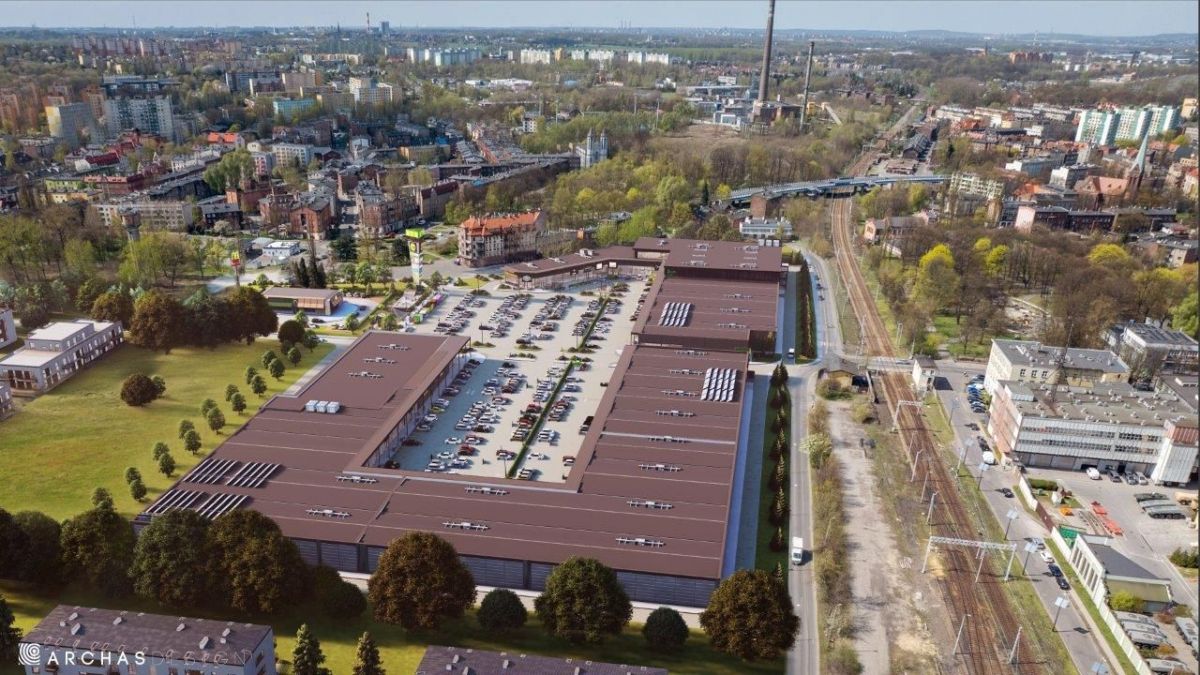EU Introduces a Digital Passport for All Construction Materials
EU Introduces a Digital Passport for All Construction Materials

The European Union has indeed introduced a Digital Product Passport (DPP) for all construction materials as part of the revised Construction Products Regulation (CPR), which entered into force on January 7, 2025, and will largely apply from January 8, 2026. This initiative is a key component of the EU's broader Green Deal and Circular Economy Action Plan, aiming to enhance sustainability and transparency within the construction sector.
Key Aspects of the Digital Product Passport for Construction Materials:
- Comprehensive Lifecycle Information: The DPP will contain detailed information about a construction product's entire lifecycle, from the sourcing of raw materials to its end-of-life disposal or potential for reuse and recycling.
- Standardized Data: This digital record will include standardized information on the product's performance, environmental impact (such as embodied carbon), safety information, instructions for use, and details on its composition and any hazardous substances.
- Transparency and Traceability: Each DPP will be linked to a unique identifier, ensuring traceability across the supply chain. Stakeholders, including architects, builders, regulators, and even homeowners, can access this data by scanning a QR code or other digital carrier on the product.
- Circular EconomyEnabler: By providing information on a material's potential for reuse, repair, and recycling, the DPP aims to facilitate a more circular economy in the construction industry, reducing waste and the demand for virgin resources.
- Regulatory Compliance: The updated CPR makes the DPP a mandatory legal requirement for CE marking of construction products sold within the EU market. Economic operators (manufacturers, importers, distributors, and retailers) are responsible for entering and maintaining the data in a designated digital register, which is expected to be operational by July 19, 2026.
- Online Portal: The European Commission will establish an online portal where stakeholders can search and compare DPP information, further enhancing market transparency.
Benefits of the Digital Product Passport:
- Enhanced Sustainability: By providing clear environmental data, the DPP will enable informed decisions that favor more sustainable materials, contributing to the EU's climate neutrality goals.
- Increased Transparency: The accessibility of detailed product information will foster greater trust and accountability throughout the construction value chain.
- Facilitating Material Reuse and Recycling: Detailed material information will make it easier to identify and recover valuable resources during demolition or renovation, promoting material circularity.
- Improved Decision-Making: Architects, engineers, and builders will have access to reliable data on the performance and environmental impact of different materials, allowing them to make better choices.
- Streamlined Processes: Digitalizing product information can streamline processes, reduce waste, and improve resource efficiency in the construction sector.
- Greater Compliance: The mandatory nature of the DPP will ensure that all construction products on the EU market meet specific safety and sustainability standards.
In conclusion, the introduction of the Digital Product Passport for construction materials marks a significant step towards a more sustainable, transparent, and circular construction industry in the EU, aligning with the objectives of the European Green Deal.
























